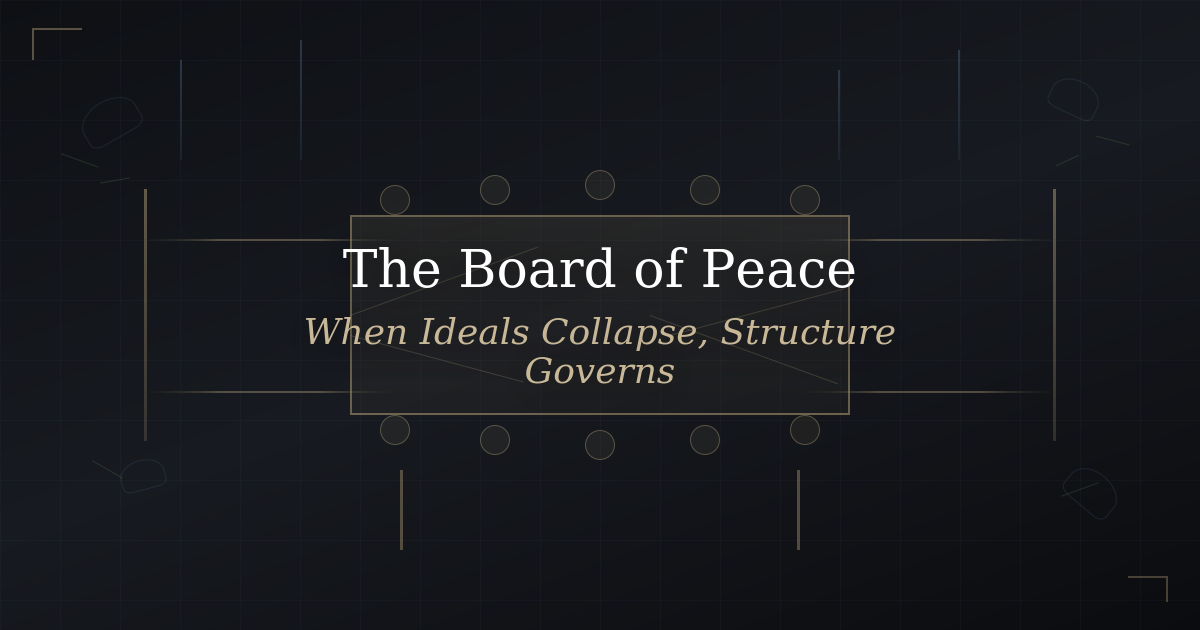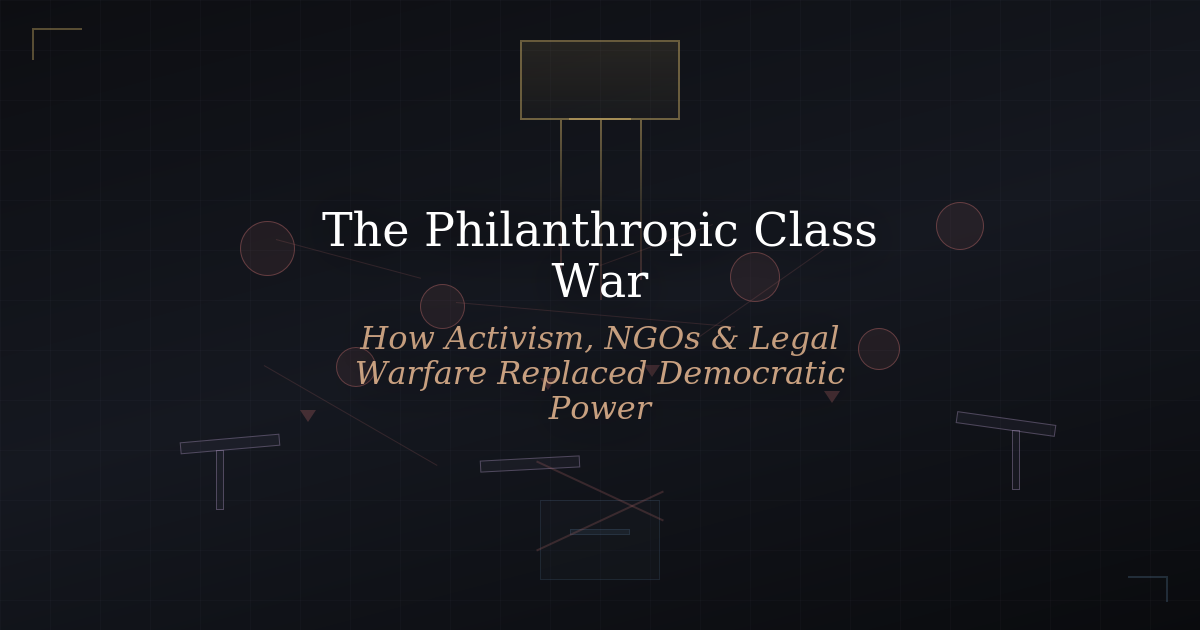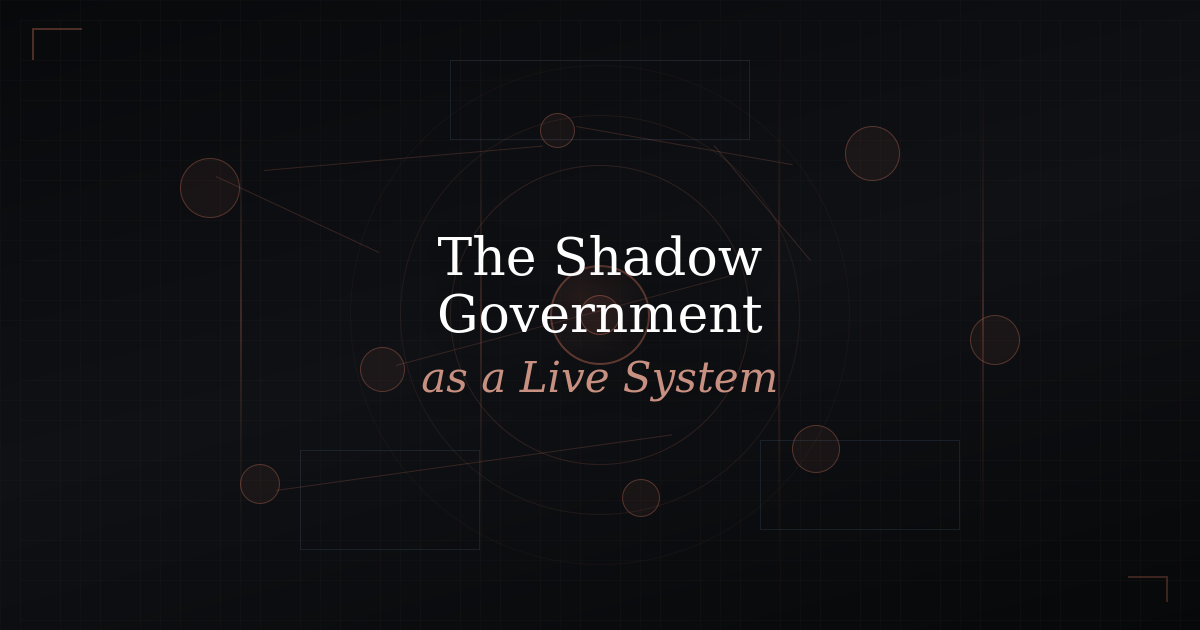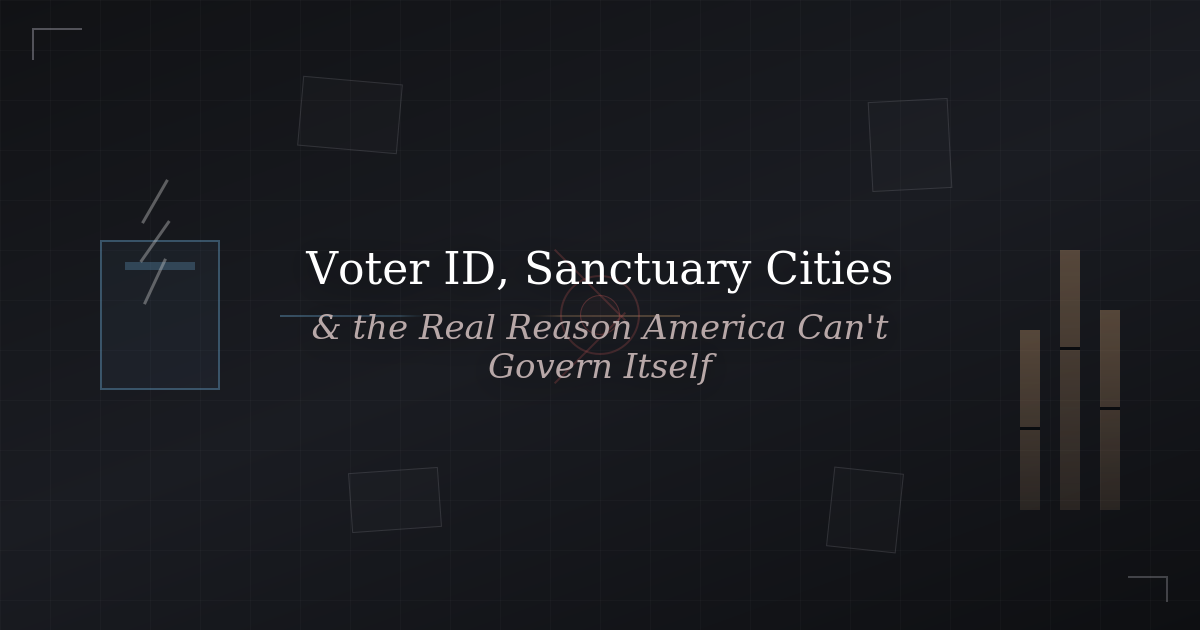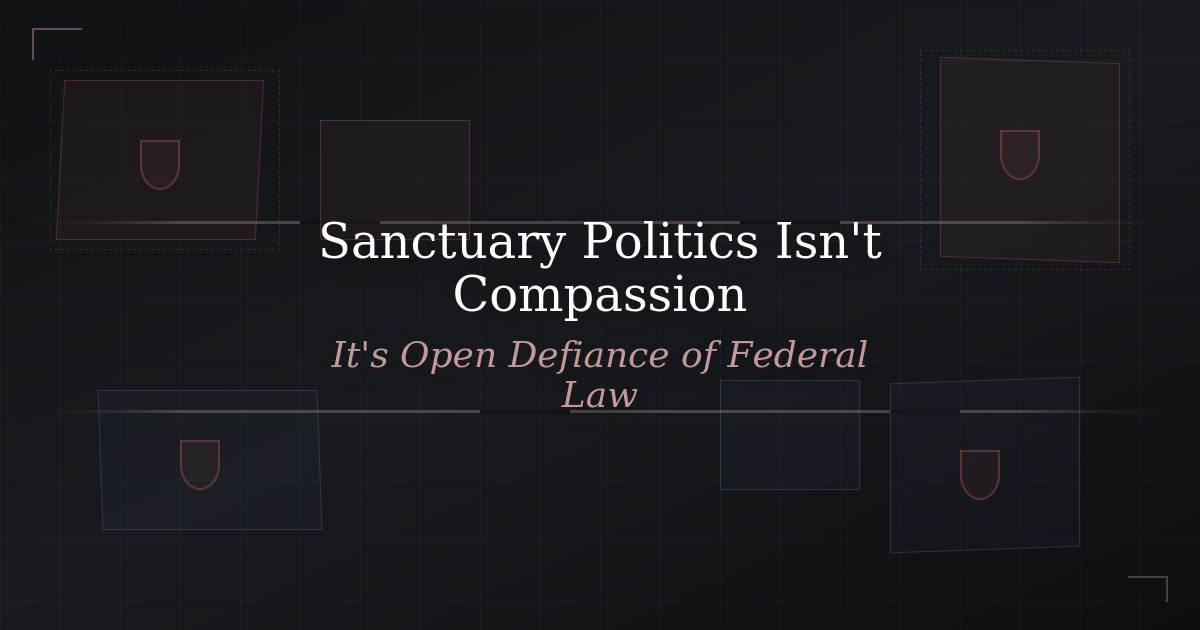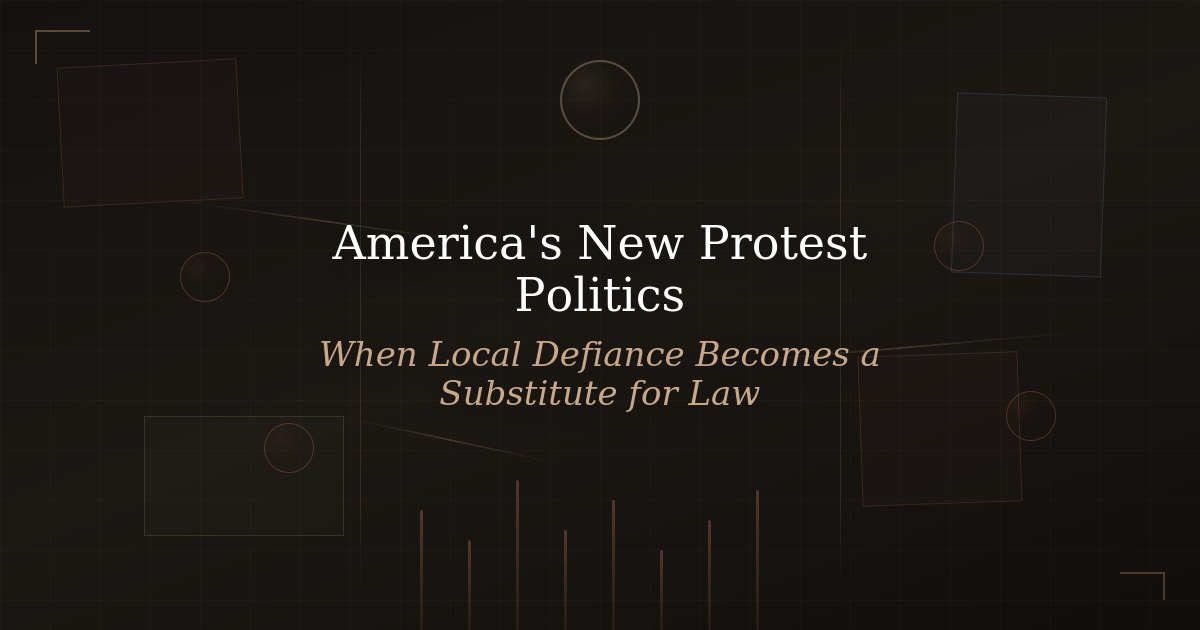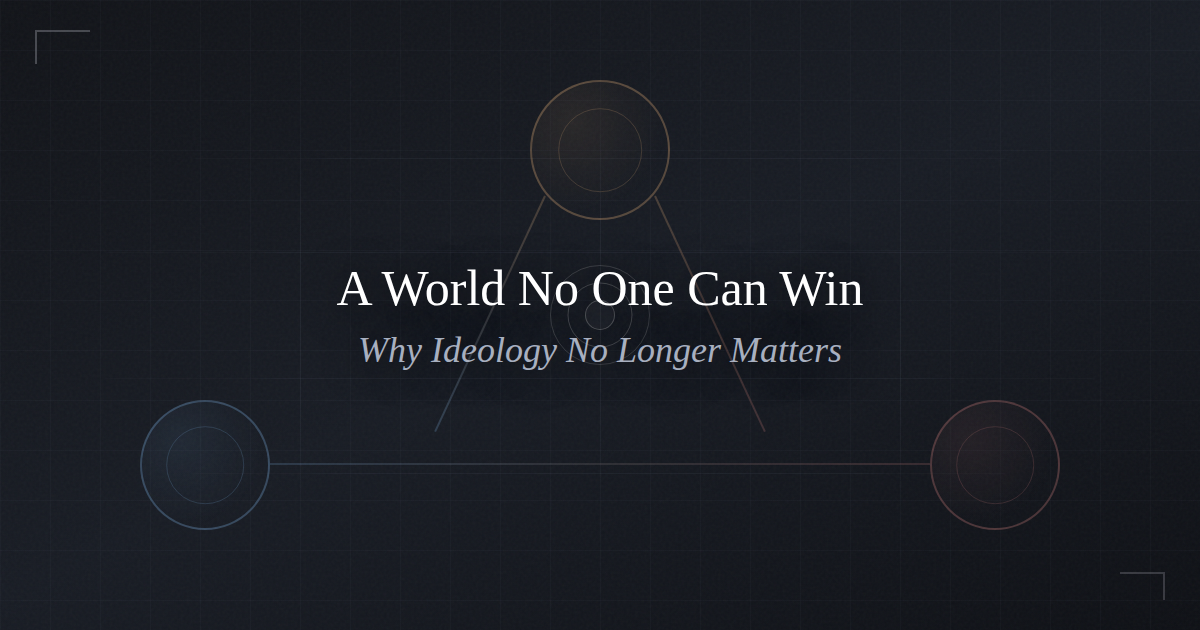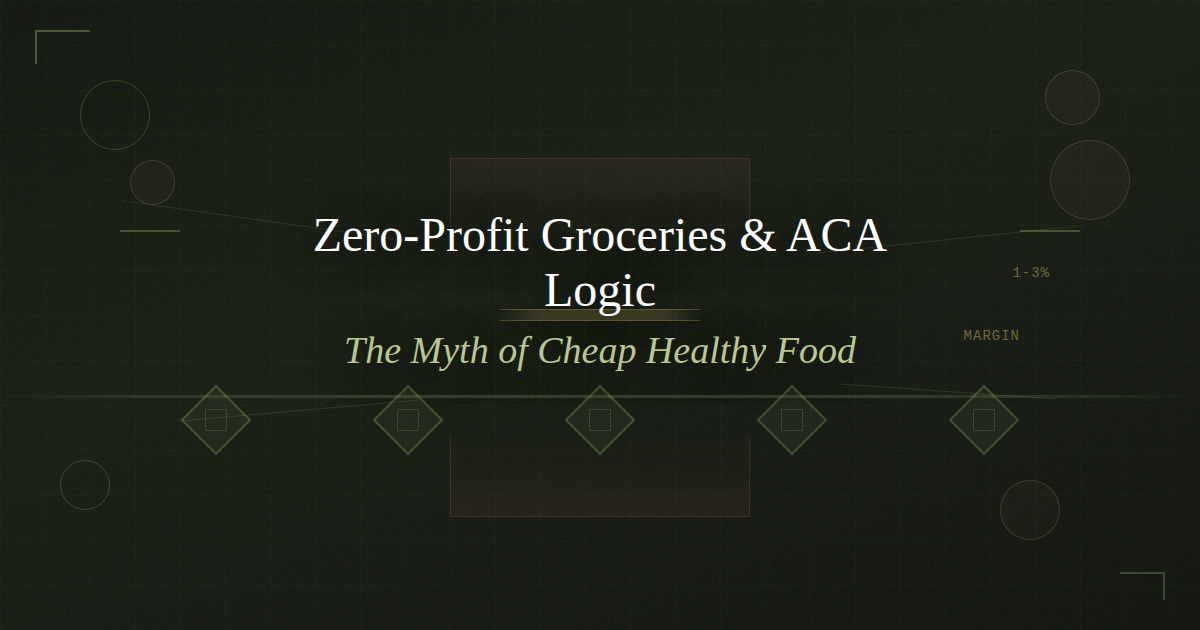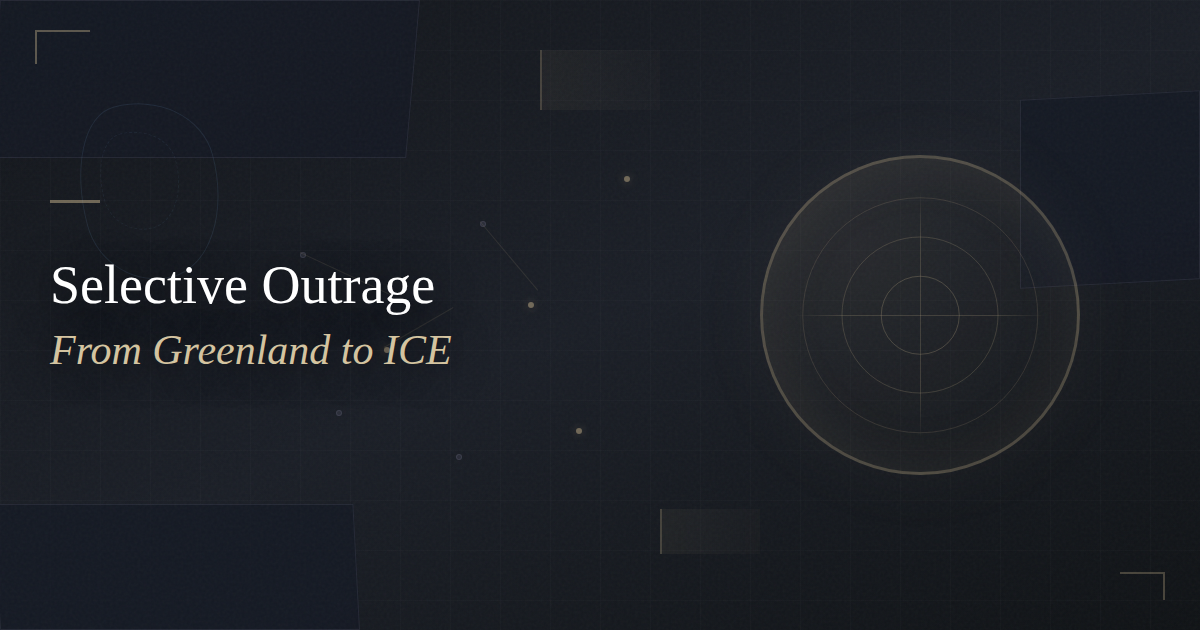Geopolitical Focus – June, 2024 # 2
Geopolitical Focus - June 2024 (#2): Escalating Tensions and Missteps in Global Diplomacy
Every hater is unhappy, says psychoanalysis.
Are we heading to WWIII, or will someone come to their senses? Certainly not John Kirby or Jake Sullivan, who are heading full steam into a concrete wall, while President Biden was in seclusion preparing for the first political debate.
What’s at stake? John Kirby is clueless about history and is simply a mouthpiece for hegemonic forces. The rhetoric is not helping, and the strategy is clear: destruction of Russia at all costs.
PHIL WEGMANN: So in terms of this Russian threat to potentially strike British targets on Ukrainian territory and beyond, what is the White House's response to that type of rhetoric coming from Moscow?
JOHN KIRBY : My response to Mr. Putin is this: if you’re so worried about becoming the victim of attacks and you’re worried about your troops’ livelihoods and your military units, then get the hell out of Ukraine. You don’t have any business being in it in the first place. That’s my best advice.
Let’s face it, the peace conference in Switzerland (note Zelensky used Switzerland to organize and misused the conference for a war rally, with no conclusion or resolution, all expenses for nothing).
What it did clearly form the BRIC and “evil” countries to realign and organize against a Western value system of democracy, in the process to implode, but taken over by military NATO commanders, similar to the 1930s in Germany. All it now needs is a propaganda minister repeating the Kirby/Sullivan rhetoric, and people are starting to believe that Russia must be eliminated. Not sure Kirby/Sullivan understand the fact that Russia may build a missile base in Cuba, but this time for real.
Why would the US, as a first step of Scandinavian countries being accepted into NATO, expand its presence with people, weapons, and bases ? When did Russia last invade a Scandinavian country? Could it be interpreted as a form of aggression? Certainly, even some Scandinavian people think that out loud.
Social Democratic commentator Göran Greider believes that the US is de facto invading Sweden and notes that this is also happening without any significant debate.
“It is astonishing how docile, or perhaps fearful, the Swedish people have become,” he writes in an editorial in Dalademokraten .
What Kirby and Sullivan are neglecting are the 2022 talks , that could have easily been expanded with a ceasefire and continued negotiations, but Boris Johnson was the teleprompter for Biden ridiculing all of it in the belief that this all can be won by the West.
Today, even with hundreds of thousands dead and wounded, Moscow and Kyiv appear further from peace than at any other time since the full-scale invasion. On Friday, Mr. Putin said Russia would agree to a ceasefire only if Ukraine handed over four regions the Kremlin has declared part of Russia and dropped its NATO aspirations. It was essentially a demand for capitulation, which the Ukrainian government immediately denounced.
Ukraine’s current demands — a withdrawal of all Russian forces from Ukrainian territory — also appear unrealistic given Mr. Putin’s apparent resolve and his army’s current advantages. This includes the Crimean Peninsula, which Mr. Putin annexed in 2014 in a swift operation that he considers central to his legacy.
But at some point, both sides could return to the negotiating table again — a scenario that is expected to be discussed as Ukraine gathers scores of countries, though not Russia, for a peace conference in Switzerland this weekend. If and when Ukraine and Russia resume direct negotiations, the issues raised in the documents produced at the start of the war, including the status of occupied Ukrainian territories and Ukraine’s future security guarantees, would remain relevant.
Why Ukraine cannot win the war and get the territories back unless the West sends active military and long-range missiles that reach far into Russian territories, which will clearly get desperate reactions from the “non-democratic” nations. Ukraine is out of money , soldiers, and a population that is weary of war, leading to a manipulated press . But that is what CNN and all claim to be democracy? And read here what Russians think about the West?
According to the New York Times, the broad Ukrainian television news landscape of the pre-war period was combined by Zelensky's government into a "single, state-controlled channel" after the Russian invasion. Opposition channels were closed. The government justifies this with the need to send reliable messages. But the reports are overwhelmingly positive – which means that a majority of Ukrainians now distrust them. In an investigation, the US State Department complained of "an unprecedented degree of control over the main news on television" – and to top it, the democratic West allowed Zelensky to void this year's elections as well.
For once Lindsey Graham was honest about what’s at stake in Ukraine.
Recently, US Senator Lindsey Graham said: "[The Ukrainians] have critically important mineral resources worth ten to twelve trillion dollars. They could be the richest country in all of Europe. And these are assets that Putin wants to share with China. If we help Ukraine now, they could become [our] best business partner."
And read here what a Russian TV personality thinks about the West? (excerpt translated)
Weltwoche: You come from an educated Russian-Jewish family. Your mother ran a prestigious institute, you completed your studies in engineering with top grades, and worked as a lecturer in the USA. But now you are considered in the West as this crazy Dr. Strangelove of television, as the madman who, for example, wants to sink Great Britain in a radioactive monster wave, as you once said on your program. How would you describe yourself? Who are you?
Solovyov: Well, I'm Jewish and definitely a Russian Jew. I am an anti-fascist; I hate Nazis and love my family. I have a history, like most Jewish people. Six members of my family were buried alive by Ukrainian Bandera Nazis during World War II. So, I take this war very personally. And with all due respect: As a Jew, I also remember centuries of oppression by various European nations. And as a Russian Jew, I remember the 27 million Soviet people killed by civilized Europeans. That is why it is hilarious when Chancellor Scholz says today that the Russians are committing genocide in the Donbass. After such a statement, he no longer exists for the Russian people.
Weltwoche: Is your television show a kind of biblical campaign of revenge against the former tormentors?
Solovyov: I'm talking about what many Europeans don't really understand. We Russians have never been like modern Europeans. We live through our own family and national history. We feel part of this family tree. I hate the story. It's so bad, but we can't forget this story.
Weltwoche: What do your viewers think when they look at Europe today?
Solovyov: I would guess they think you're completely crazy. We feel sorry for you. It looks like you've betrayed your states. Who are you? What are your values? You are no longer Christians. You are not Muslims. What do you believe in? Transgender gods?
And who pays for all this, Russian Oligarchs as determined by the G7 ? Imagine the same legal mechanism will be applied in the future if you do something your government does not like, such as driving a gasoline car or whatever, and your assets will be frozen and interest used. It may turn out that, as with gas, Russia is delivering more to Europe than the US.
In the third year of Western sanctions against Russia, Moscow has overtaken the US as a gas supplier to Europe for the first time. As the London Financial Times reported, 15 percent of natural gas and liquefied natural gas (LNG) supplies to the EU, the UK, Switzerland, Serbia, Bosnia and Herzegovina, and North Macedonia came from Russian sources in May. LNG from the USA accounted for only 14 percent.
It's all a hypocritical global issue that in reality is a dispute among neighbors but, like many previous tensions, escalated into a global threat by democratic fantasists.
But in a world where the democrat fanatics, opposing conservatives as right-wing and fascists, see no problem defending a caliphate as a legitimate form of government, what is really the definition of democracy we all fight wars over?
When Germany's head of the Office for the Protection of the Constitution, Thomas Haldenwang (CDU), has a good day, he can be very generous. "The caliphate," he said recently at the presentation of the report of the Office for the Protection of the Constitution, "is one conceivable form of government among many that exist worldwide. There is communism, socialism, there are religiously led systems, there are monarchies... – all of that exists. All this can also be said in Germany."
While the European press applauds the rainbow or traffic light coalition, The "traffic light coalition" is named after the colors of the parties involved: the Social Democrats (red) who champion a fair society, the Free Democrats (yellow) who champion business and industry, and the Greens, what they miss to mention is that the green and yellow have built a left-of-center coalition and together fight everything that used to be conservative, aligned with the green party's energy policy and the social democrats' immigration and war strategy. All these political battles while Germany battles deficits and an uncertain economy, are not for unity to get better.
An end to the crisis is not in sight – at least not this year: Following a contraction of 0.3% in the previous year, the German economy continues to face the specter of recession in 2024. Geopolitical risks, coupled with high interest rates, a cooling global economy, and domestic uncertainties arising from the recent Federal Constitutional Court ruling on the federal budget, are dampening corporate investment sentiment. While there are sporadic bright spots, such as declining inflation and the looming interest rate shift by central banks, our analysis of key growth indicators predominantly points towards another challenging economic year.
IMD Business School has issued its new findings of global competitiveness, if you are interested, here are their findings . Measured are economic performance, government efficiency, business efficiency, and infrastructure.
History Lesson , the G7 was only the Sixth Coalition when Napoleon went to war in Russia, and as today, he had about the same territorial control of Europe, a bigger army but got outsmarted in the vast territory.
Green Peace – here, an interesting view of using Climate Change as a Peace Maker , but you can also wonder what peace these people have in mind. I have started to look at the authors first and their backgrounds. Some of them may suggest killing all Russians and Iranians is a good start. Before, we had the WTO and EU, friend-shoring and deal-making was a daily activity, until the governments started the war on civilization (DEI and all) so parties were no longer allowed to make deals, or are ostracized for it, resulting in the wars we have. It's good versus evil, but killing 100,000 in Iraq was good? Imagine if we kill all evil in Iraq we will have peace, some people are simply stuck in reverse?
Stopping the war in Ukraine would not only clean the air, but such events don’t count only your gas stove? Moralists only see their side.
Imagining a clean energy transition that helps reverse today’s troubling geopolitical trends is not merely an academic exercise, nor is it a fanciful one. It is a generational undertaking that should bring together broad constituencies, from environmentalists to national security hawks. It should inspire people across the world not only to avert disaster but also to realize a positive vision of the future. It should challenge policymakers to rise above partisan debates and short-term considerations. Arresting the downward spiral of environmental crisis and geopolitical strain serves the interests of everyone. Uniting behind a well-conceived and well-executed clean energy transition can bring about not only a more sustainable global economy but also a more peaceful and prosperous world.
There are two issues that are core next to the Afghan withdrawal and Ukraine that demonstrate the mixed signals and no-strategy approach: the clean energy push and the Middle East crisis.
The tariffs imposed on Chinese solar panels and batteries will slow the growth of the clean energy transition, as US manufacturing will not take effect until sometime in 2026, and as in Germany, the wish was running ahead of reality, it will not help the economy.
The Biden administration is hoisting barriers to Chinese clean-energy imports to protect domestic industries as the presidential election nears. But the trade restrictions also threaten another of Biden’s priorities: building out renewable-energy generation.
This month, the administration allowed a set of duties aimed at China-based manufacturers of solar panels to take effect—after having put the measures on hold two years ago . The International Trade Commission, a federal agency that analyzes trade issues, also gave its initial go-ahead to an antidumping petition that some US solar manufacturers have backed. In the next few weeks, the administration is expected to close a tariff loophole that let companies bring in many solar panels duty-free.
And a lot of money sent to waste, as the Chinese will still build cheaper even after the tariffs?
The debate around the clean-energy trade measures underscores the fine line the Biden administration must walk between promoting its green agenda and sheltering US manufacturing. Two years after incentives in the Inflation Reduction Act set off a race to build clean-energy supply chains in the US, companies have announced $114 billion in investments in products such as batteries, solar panels, and electric vehicles, according to environmental business group E2.
And the never-ending wars and the escalation dividing the world. Nothing the commander in chief promised leading up to the 2020 election has come to fruition, other than the US economy recovering with the help of the Ukraine war, at the cost of the European economies.
However, the conflict in Gaza has shown how the US president has no backbone, is nothing more than a real politician, a tactician to cover his rear end and please the many but at the end no one, not even himself. After an estimated 40,000 people are killed in the conflict, Hamas is still there, Hezbollah gets more aggressive by the day, and hostages are still held, and the flotilla to land food for the needy is a ridicule for the US Army. Peace through strength does not mean killing people; it means to deter and gain the upper hand in negotiations. Peace through strength also means having the intelligence to recognize attacks like Hamas, but you wonder if hegemonic forces (CIA) let it happen to start a war in the hope to eliminate the enemy. You wonder how 50% of the people want this puppet reelected?
Eight months later, achieving those goals is proving increasingly difficult for the White House, highlighting a political vulnerability for President Biden ahead of his face-to-face debate against the presumed Republican nominee, Donald Trump , on Thursday.
U.S.-led talks on a cease-fire to halt the war and free hostages held by Hamas have all but collapsed. Attacks by Hezbollah across Israel’s northern border have intensified, raising the Biden administration’s fears of a full-fledged conflict. And the White House and Israeli Prime Minister Benjamin Netanyahu have traded accusations over whether the U.S. has slowed arms deliveries.
The strains underscore Biden’s challenge of achieving a foreign-policy win ahead of the November U.S. presidential election, a win that would require agreement from warring parties operating under a very different timeline.
This was certainly a CIA effort , perhaps they never left?
Operation Red Sox, as it was known, was one of the first covert missions of the still new Cold War. The American-trained commandos would feed intelligence back to their handlers using new radio and communications equipment, stoking nascent nationalist movements in Ukraine, Belarus, Poland, and the Baltics. The goal was to provide the U.S. unprecedented insight into Moscow’s designs in Eastern Europe — and, if possible, to help crack apart the Soviet empire itself. Over half a decade, dozens of operatives took part in these flights, becoming one of the U.S.’s “biggest covert operations” in post-War Europe. Ukraine’s bloody insurgency was the operation’s centerpiece. And it was in Ukraine that, as one scholar wrote, the CIA saw one of its “most pronounced failures of the Cold War.”

